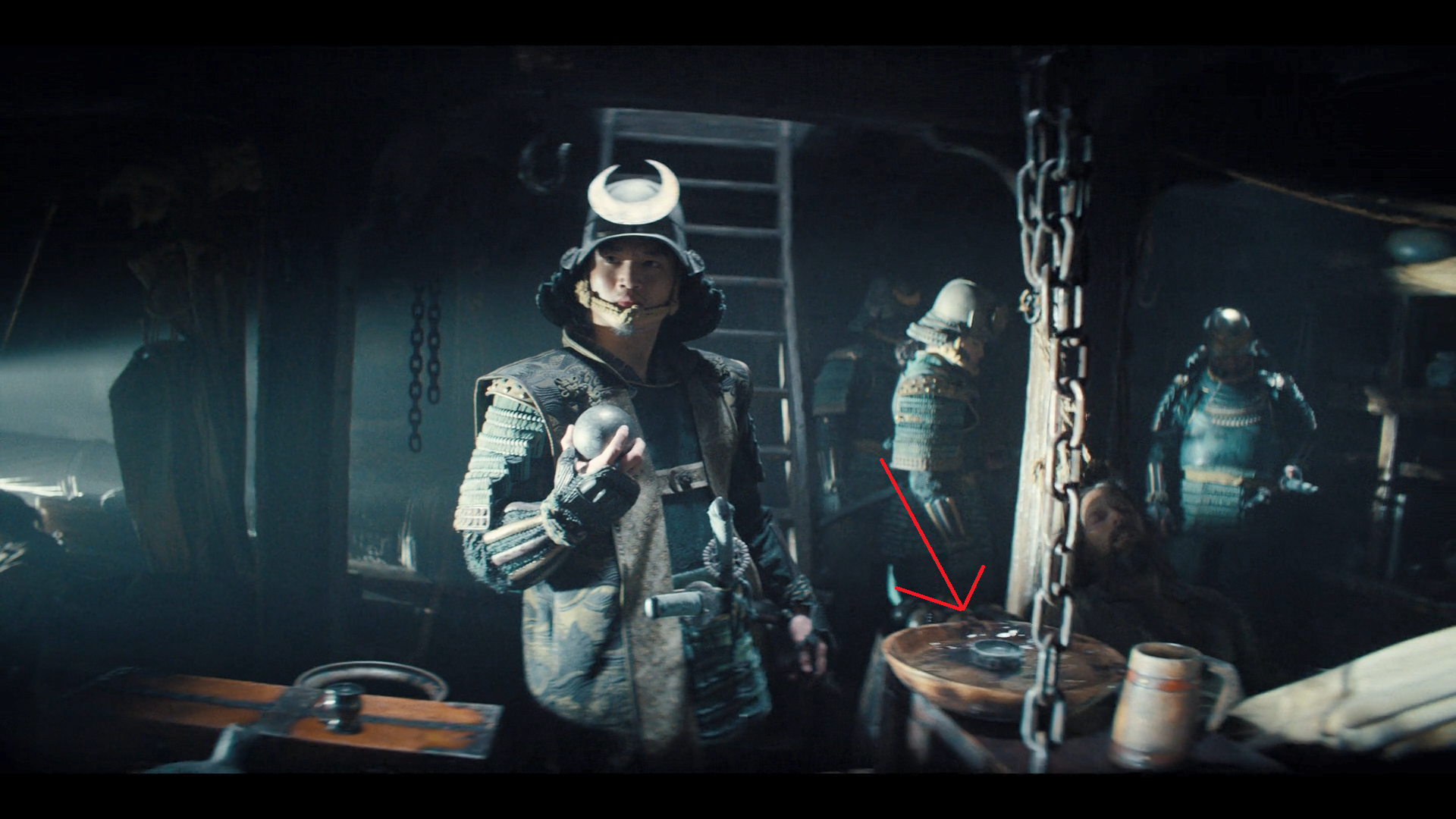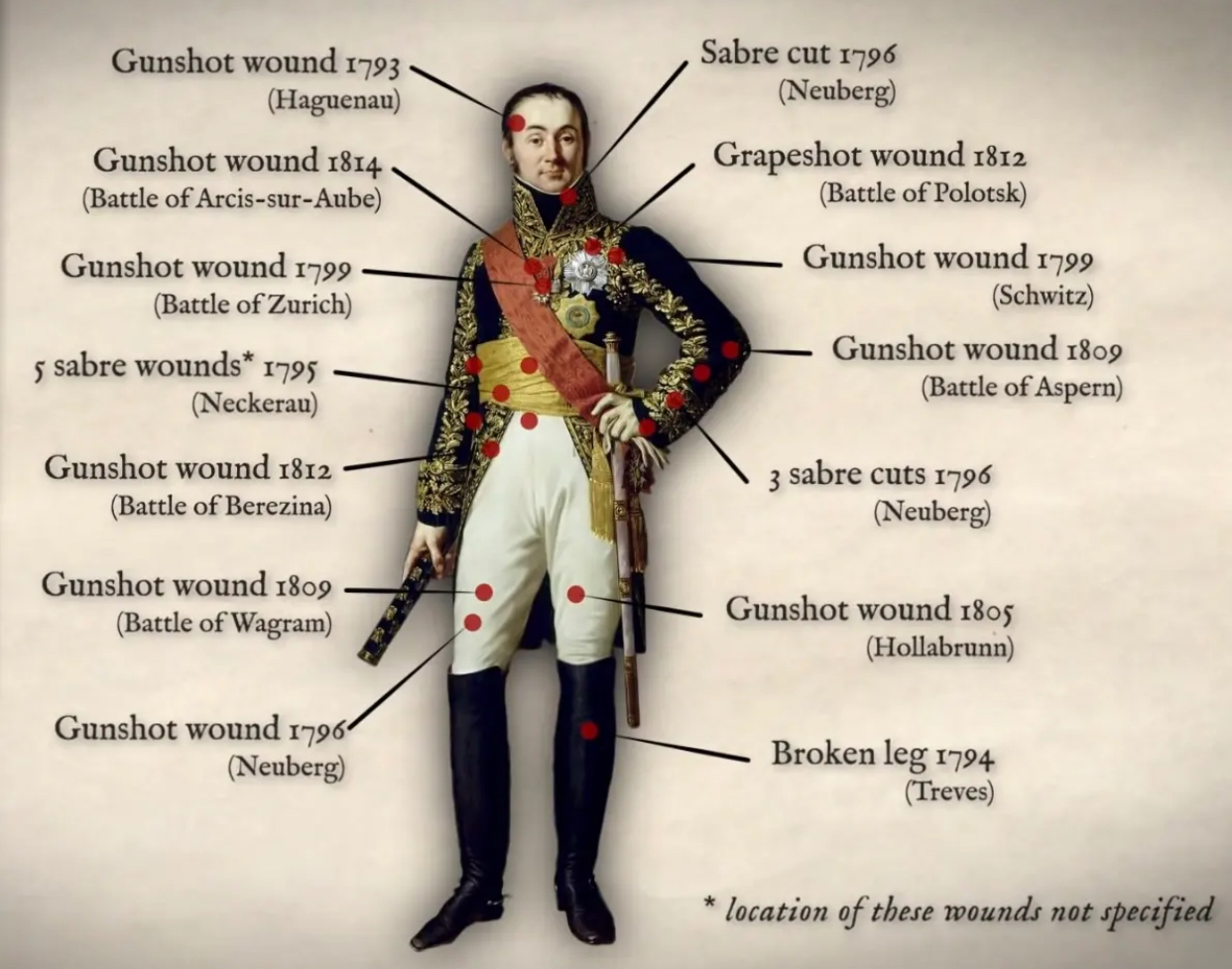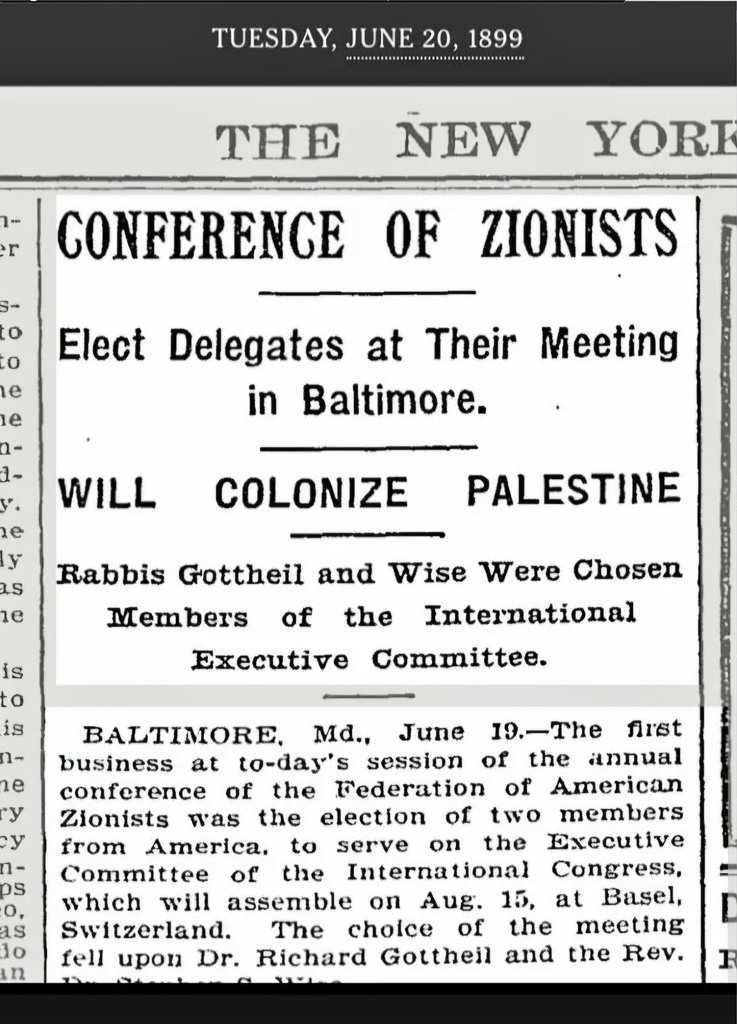The Challenge of October 1917
I can't describe what happened in our country, the Russian Empire, in October 1917, as anything other than a challenge. I have lived through this challenge for 61 years. Like all of us who lived under so-called socialism for that long, I can give a somewhat truthful assessment of the system. I understand the negative aspects of the political and economic system that governed most of my active life, and I only experienced capitalism as a retiree.
Life Under Soviet Rule
When your entire way of life changes so dramatically at 61, it’s not easy to adjust. It’s no surprise that many of my peers passed away in the 1990s. As we approach the 100th anniversary of this dramatic event, heated debates continue—is it a curse or a blessing? I’m not going to give a definitive judgment on either system. All political and social systems have both good and bad aspects. What we called socialism, in my opinion, wasn’t even real socialism.
Lack of Freedom and Harsh Soviet Laws
As a historian, I feel I can say that what we had was closer to slavery. The working class, peasants, and even part of the intellectual elite were in a semi-enslaved state. We had no personal freedom, no right to own property, and we had to follow the party's orders in every aspect of life, even in private matters. Fear ruled over us—being five minutes late to work could result in criminal punishment.
In 1950, I was drafted into the Soviet Army. On our first day in the barracks, we were introduced to a law from the Supreme Soviet that said leaving the base without permission for more than five minutes would result in punishment. The first time, you'd get time in the guardhouse; the second time, you'd face a military tribunal, and any punishment wouldn’t count towards your mandatory service. These were the "humane" laws of the Soviet era.
Post-Stalin Era and Reflecting on Soviet Achievements
To be fair, after Stalin’s death, the laws did become more lenient. I could go on about the many negative aspects of communism, but enough has already been written—countless books, films, and videos have covered it all.
I want to point out, however, that we Russians are exceptional at criticizing ourselves and throwing dirt on our own history. Yes, Stalin and the Soviet government should be condemned for the brutal, unjustified repressions, but we should also remember the incredible heroism of the Soviet people. In just 10 years, they transformed a war-torn, backward country into a powerful industrial nation, strong enough to withstand the entire military force of Europe. It’s not accurate to say we defeated German fascism—we defeated fascist Europe.
Memorials for Heroism and the Legacy of Soviet History
Today, we have thorough studies on the brutal, inhumane repression policies of the Bolsheviks. Memorials have been built so that those horrors are never repeated, which is right and just. But has the heroic labor of our workers and peasants, who prepared the country for war, been studied with the same rigor? What about the children of the war, who never had a childhood? Who replaced adults in factories and fields, and rebuilt the country after it was destroyed by Europeans? Shouldn't we also have memorials dedicated to their heroism and self-sacrifice?
Leaving only monuments to the repressed isn't right. Future generations, 300 or 400 years from now, might think our ancestors did nothing but repress and kill. If we only preserve the memory of the Gulag, we risk fostering hatred and disdain for the heroic generation of the early 20th century. Our people, who endured great trials in the 20th century, deserve respect and honor.
The Complex Legacy of Stalin
As for Stalin, I was 23 when he died, and by that time, I had witnessed the ugly "cult of personality" firsthand. Words can't describe it—you had to live through it to understand the madness. But as the saying goes, "a king is made by his court." It wasn’t Stalin who wrote songs and ballads about himself or built monuments to himself. Those who now fiercely criticize Stalin are the descendants of the ones who helped create the cult. Even filmmakers like Mikhalkov benefited from Stalin-era prizes.
Stalin's role in our country's history is terrible, but as a Russian citizen, I wonder what would have happened if Trotsky had taken over after Lenin’s death. Or Zinoviev, Kamenev, or Bukharin, who were ready to sacrifice Russia for the sake of world revolution. Marxist theory states that socialism can only win in all civilized countries at once, so they were willing to let Russia fall for that goal. Can any of today’s critics imagine what would have become of Russia in that case?
I’m not here to defend Stalin. I'm simply discussing the undeniable facts of our country's history. A war against Russia was inevitable, and Stalin knew this. He was preparing the country for the unavoidable conflict. Fascism was growing in Germany and spreading across Europe, encouraged by the U.S. and the U.K., who were grooming it for war against the USSR.
Many historians claim that if there had been no Bolsheviks, there would have been no war against Russia. I strongly disagree. Russia has always had to defend its freedom and independence, long before the Bolsheviks.
The Global Significance of the October Revolution
To sum up, the October Revolution wasn't just a coup—it was an event of global historical significance. It began the dismantling of the global colonial system, sparked liberation movements worldwide, improved conditions for workers and peasants, and changed the course of world history. The Revolution also destroyed European fascism, but sadly, at the cost of the great Russian people, who now face growing Russophobia as “thanks.”










